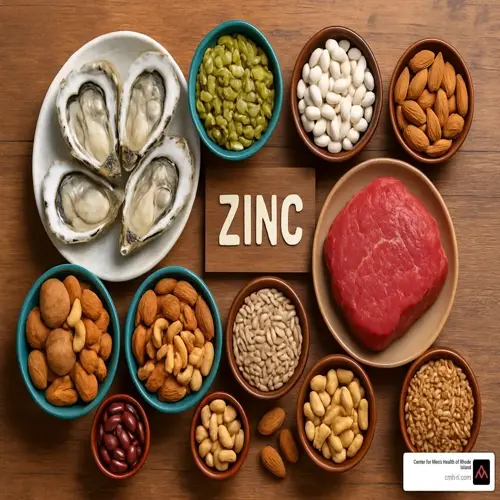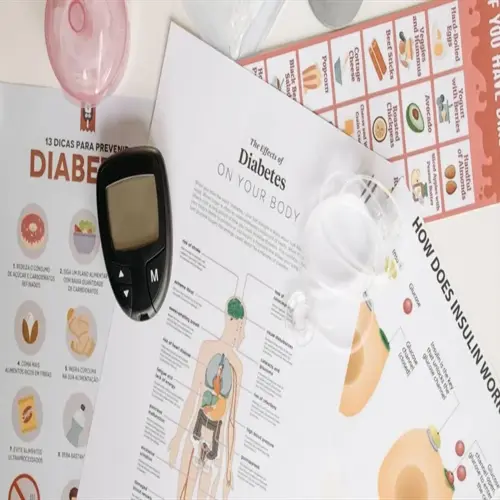Can you build muscle while reducing body fat?

Written by
Robert Kelly
Reviewed by
Prof. Benjamin Murphy, Ph.D.Developing muscle while decreasing body fat involves employing several body recomposition strategies. This means balancing nutrition and training in a way that allows both fat loss and muscle growth to co-occur. This requires a diet that is high enough in protein to support muscle growth, yet provides a small enough caloric deficit to allow for fat loss. Resistance training allows for muscle growth, combined with no excessive calorie burning, which would otherwise hinder the results of muscle growth.
Nutrition Protocol
- High protein intake: 1.6-2.2g per kg body weight daily
- Moderate calorie deficit: 300-500 calories below maintenance
- Nutrient timing: Protein distribution every 3-4 hours
- Carb cycling: Higher carbs on training days
Training Requirements
- Progressive overload: Gradually increase weight/reps weekly
- Compound movements: Squats, deadlifts, bench presses
- Limited cardio: 2-3 sessions weekly to preserve muscle
- Recovery focus: 48 hours between muscle group training
Protein is a foundation for recomposition. The recommended intake is 30-40g of protein per meal, which is adequate for stimulating muscle protein synthesis. Based on my experience as a coach, clients who consume 2g/kg of protein, regardless of their caloric intake, tend to gain lean muscle. It is best to consume whey protein immediately after training, as it accelerates recovery. Ingesting casein protein before sleep prevents the breakdown of muscle while one sleeps.
It's essential to strike a balance between stimulation and recovery in training. Heavy compound exercises, such as squats, stimulate all the hormonal processes necessary to promote growth. Still, excessive volume can dramatically increase cortisol levels, which can lead to a breakdown of muscle. Week in and out, I program 3 or 4 sessions of strength work with 48 hours of recovery to preserve muscle through fat loss phases.
Body composition analysis tracks even slight changes over time according to the quarters. Muscle gain is characterized by an increase in lean mass, even without a weight change. Reduction in visceral fat shows evidence of actual effective fat loss. Without these measures, scale weight by itself may easily mislead you into thinking you are gaining or losing ground. Regular testing confirms the effectiveness of your strategy.
Read the full article: Understanding Body Composition Analysis: A Full Guide

